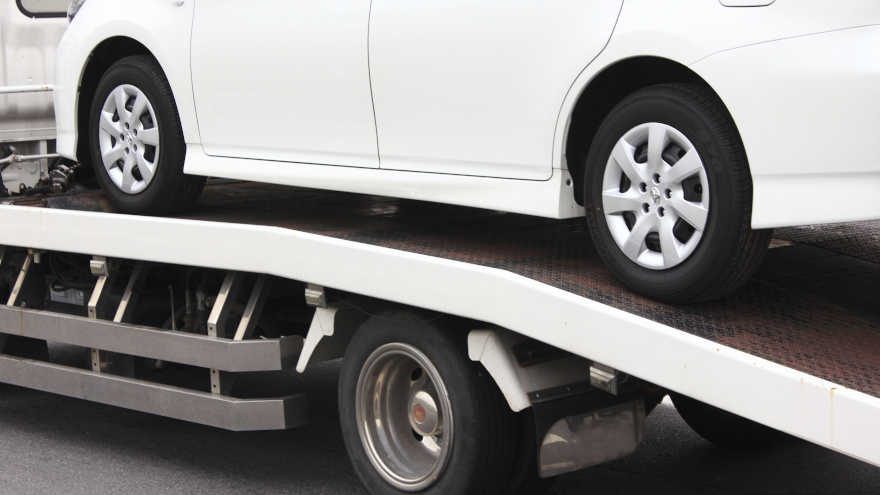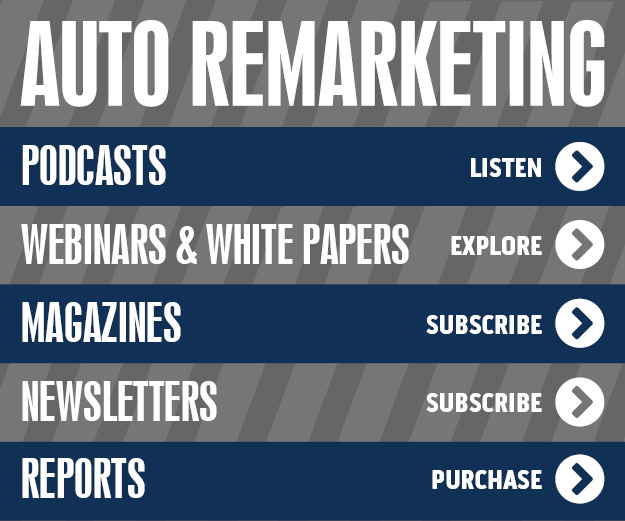COMMENTARY: 5 technologies that have transformed automotive transportation

Transportation logistics technology is a rapidly evolving field that is constantly improving. Some of the most recent advances in this field include the use of artificial intelligence (AI) and the Internet of Things (IoT) to offer efficiencies for drivers and carriers and provide peace of mind for customers.
These improvements often offer cost improvements, as well as reduce liability for the carrier.
Here are five technologies that have transformed the industry in the past decade:
Route Optimization provides real-time updates for best routes
Route optimization is the process of planning the most efficient route for a vehicle to take from one point to another, taking into account factors such as traffic conditions, weather, and the location of destinations.
Route optimization can be done manually, but it is often done using software that can take into account a wider range of factors, reducing fuel costs, improving driver safety and reducing delivery times. It can also help to improve customer satisfaction by ensuring that deliveries are made on time.
Electronic Proof of Delivery (EPOD) apps digitize workflow
Before digitization, carriers spent as much time managing paperwork as they did transporting vehicles. ePODs have eliminated the mounds of paperwork, inspections, and manual communications, enabling a more efficient, more accurate and more timely workflow.
ePOD digitizes the majority of their workflow and allows them to manage it all in one place, allowing them to spend significantly less time dealing with calls and paperwork and more time moving cars.
Live Tracking improves supply chain visibility and customer service
Real-time location sharing or “Live tracking” has been a game changer across all parts of the space. Traffic, weather and other unknowns often interfere with a driver’s estimated time of arrival, and for customers, a delay can cause frustration, concern of theft and potentially a lost sale on their end.
With the transparency of live tracking, all parties are automatically updated on the movement of their loads, so customers can feel at ease with an accurate and updated ETA and drivers aren’t fielding calls from the road on where a vehicle is, why there is a delay or causing further delays by stopping to communicate said delays.
Load Matching introduces efficiencies
Load matching is the process of matching loads with available trucks, giving carriers insights into proactively curated loads that work for them. Rather than spending hours every day searching load boards for loads that match their needs, load matching automatically suggests loads that either fit a set of criteria defined by the carrier or intelligently works to suggest loads that complement existing loads on a trip and bring the most optimal gains to open capacity.
Load matching improves efficiency, customer satisfaction and utilization while reducing costs.
AI Damage Inspections minimizes liability and fraud
With every load, carriers develop damage inspection reports to reduce liability for damage that occurred prior to transport. In the past, drivers would painstakingly walk around a car to notate and photograph every individual scratch, chip, dent, or damage onto an inspection report.
Missing even one piece of damage could open up the driver to unwanted liability when the vehicle is delivered.
With AI damage inspections, drivers walk around the vehicle with an AI tool that videos the vehicle and automatically detects a significant portion of existing damages, reducing time spent on damage reports, improving accuracy of those reports and reducing the risk of fraud.
While the industry has taken vast strides in advancements in the past decade, technological advancement now comes with regular software updates regularly so carriers can expect constant improvements and opportunities to take advantage of these new technologies.
With electrification set as the next major transformation for the transportation industry, these technologies set the stage for an easier transition for drivers, carriers and customers alike.
Jonathan Stott is shipper product lead at Ship.Cars.

 View The Latest Edition
View The Latest Edition

